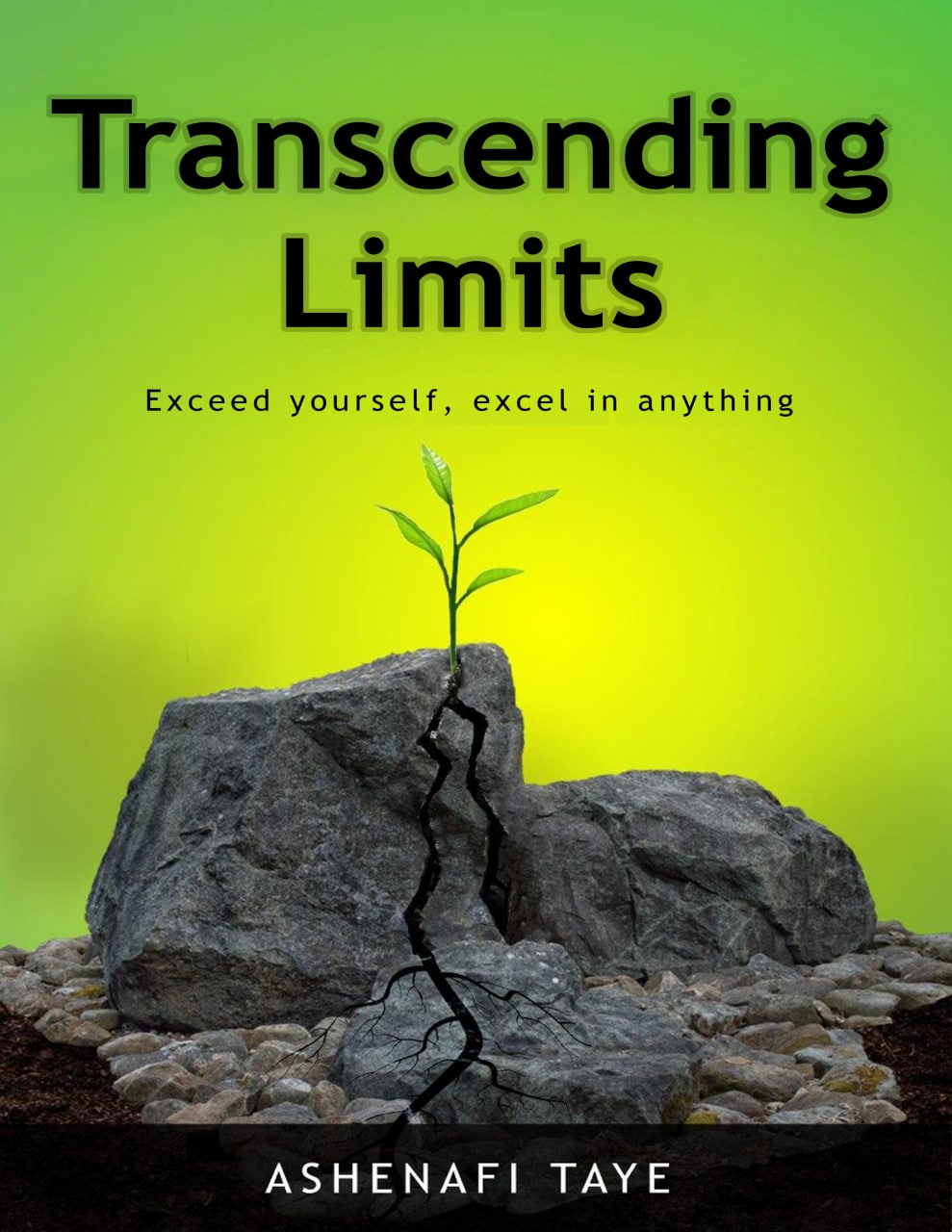About this About Book
Have you ever experienced the feeling of being strained between the ugly memories of the past and the anxiety of being uncertain about what is to come in the future? I have. My usual approach to life was reacting to what comes into my life in light of the familiar experiences I had in the past. I reacted to money matters, for example, from the premise of lack and restraint. I approached the relationship with the premise of protecting myself from attack and harm. I attributed happiness and peace to the ownership of material possession and social status. Obviously, because of this pattern, I had been the worst player in the squad. I saw the future through the lenses of the past. If my experience had been bad in a specific aspect of life, secretly, I anticipated that the future might hold the same experience for me. Behold, it turned out to be so.
I thought that I was alone in this thing but something in me initiated me to investigate whether it was so. I began spying on how other people lived and I came to realize that, experientially, we are the same people with different suits, names, and titles. We are all, almost, initiated by fear of something undesirable: fear of lack, fear of disease, fear of unhappiness, fear of unemployment, fear of opinions, fear of not 1 belonging, fear of inferiority, fear of failure, or fear of not being loved. Astonishingly enough, rather than doing what is necessary to keep ourselves healthy, we squander an excessively large sum of money and a longer time to treat symptoms and react to results when they appear. We don’t take time to study what money is and how it works but we give away our whole life blindly for its acquisition. We don’t see that we were wrong until we retire to a skinny pension income that barely suffices to live on. We are so hypnotized by the appearance of symptoms and results of things that we are blinded to see what causes it all in the first place.
Upon introspection, one can see such a pattern in her or his life right away. I later realized that most people live in desperation and the feeling of being ‘out of control’ rather than from the fire of inspiration and fuel of passion. They are motivated primarily by fear of poverty, bad health, unhappiness, the opinion of other people, or bad relationships. Their life’s priorities are choked up with eliminating what populates their lives the majority of which they don’t want in their lives. Nevertheless, they soon will come to understand, as I did, that the more they react to adversity—whether it be lack, disease, or bad relationships—the stronger it becomes and the faster it reproduces itself even in the other areas of their lives. The problem with this sort of life is that the more you react to your conditions of 2 life, the more you entangle yourself in it. Our resistance only adds life to the very things we would like to evade. It is like a fly that is caught up in the spider’s web. The more it tries to get out of it, the more it strangles itself in it. That is why the majority of people in the world, with the intention of changing their conditions of life, reinforce the familiar results they want to avoid; they are stuck. They live their lives in a pattern that forever perpetuates itself in the familiar zone of undesirable experiences.
Ashenafi Taye !



